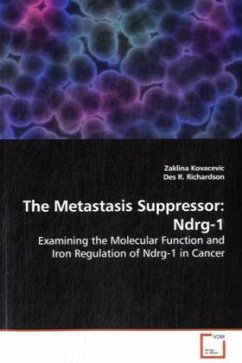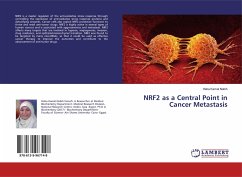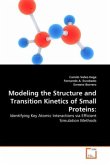Ndrg-1 has been found to function as a metastasis
suppressor in prostate, pancreatic, breast and other
cancers. However, the molecular function of this
elusive protein remains unknown. The aim of this
study was to examine the function of Ndrg-1 in
different cancer cells including prostate, lung and
colon cancer. These studies reveal, for the first
time, novel Ndrg-1 gene targets including Ccl2,
Hod3, Thtpa, Fmo3 and VEGF. Ndrg-1 was also found to
affect prostate cancer cell adhesion and
proliferation. Furthermore, the ability of novel
anti-cancer agents, the iron chelators, to up-
regulate Ndrg-1 was also explored. Our results
indicate that iron chelators are a promising new
treatment strategy for cancer, partly due to their
ability to increase cellular levels of this
important metastasis suppressor protein.
suppressor in prostate, pancreatic, breast and other
cancers. However, the molecular function of this
elusive protein remains unknown. The aim of this
study was to examine the function of Ndrg-1 in
different cancer cells including prostate, lung and
colon cancer. These studies reveal, for the first
time, novel Ndrg-1 gene targets including Ccl2,
Hod3, Thtpa, Fmo3 and VEGF. Ndrg-1 was also found to
affect prostate cancer cell adhesion and
proliferation. Furthermore, the ability of novel
anti-cancer agents, the iron chelators, to up-
regulate Ndrg-1 was also explored. Our results
indicate that iron chelators are a promising new
treatment strategy for cancer, partly due to their
ability to increase cellular levels of this
important metastasis suppressor protein.








